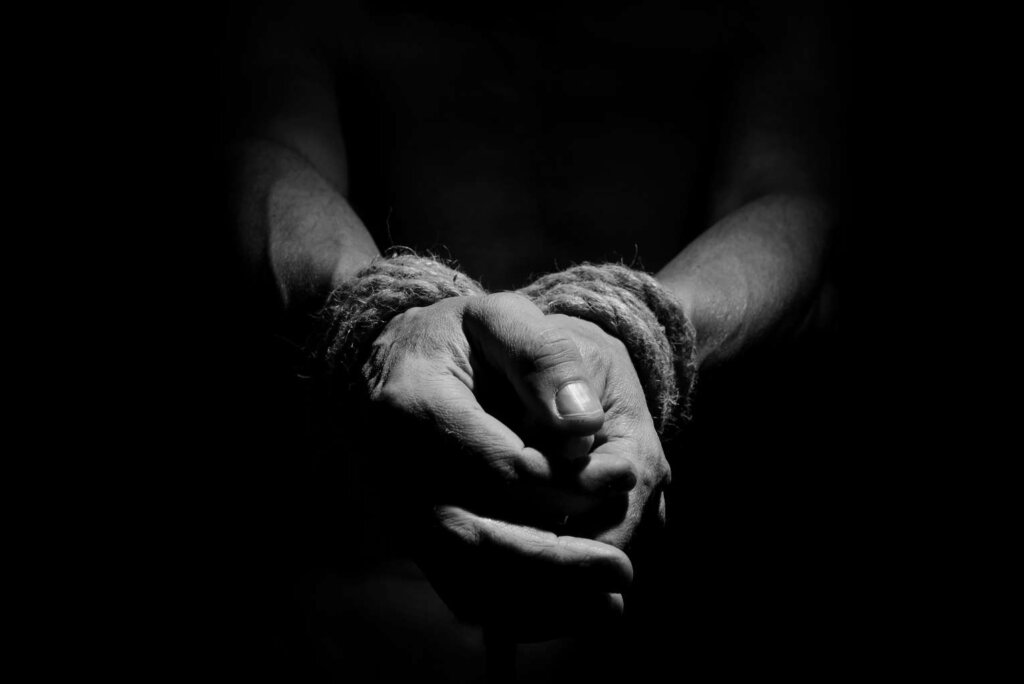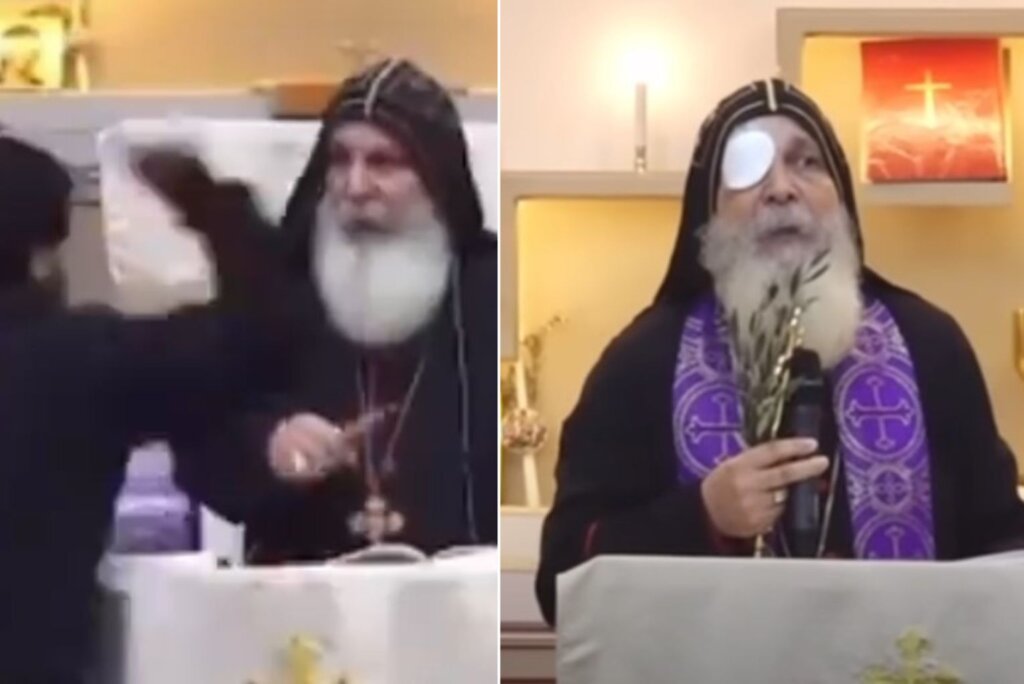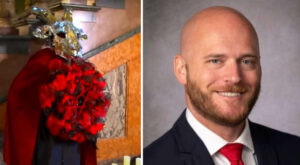Memories of bloodshed, rape and murder still haunt the hundreds of thousands of people who survived the 1994 genocide in Rwanda, which left at least 800,000 dead in a three-month period. Yet in the years since the Hutu tribe planned and executed its brutal attack against the Tutsis, Christian observers say Rwandans have been experiencing the healing power of Christ, and learning to forgive and rebuild their nation.
“Despite such suffering, trauma and disappointments … more people are coming to Christ and submitting their lives to Him and accepting Him as Lord and Savior,” said the Rev. Philbert Kalisa, an Episcopal minister and founder of REACH, a Christian organization with a mission to help Rwandans reconcile.
Since 1997, Kalisa has been leading peace-building and conflict-management seminars across the nation. “The work of REACH-Rwanda with the people who were traumatized during the genocide of 1994 is so incredibly healing,” said Gerry Gardner, president of REACH-USA and staff member of Church of the Holy Spirit in Osprey, Fla.
“The atrocities are painful to hear about, but the hope that is rebuilding among the men, women and children in Rwanda is a model for the world, especially when one looks at what is going on in the Sudan and northern Uganda.”
Kalisa, who is Tutsi, fled with his family to nearby Burundi in 1961 to escape the persecution of the Tutsis families. He returned in 1995 and eventually founded REACH, an acronym for Reconciliation, Evangelism and Christian Healing, which seeks to first reconcile people to Christ.
“Our mission is broad; it is not only limited to the aftermath of the genocide,” he said. “We preach the gospel of reconciliation, calling and encouraging people to get reconciled with God and with one another.”
In addition to focusing on evangelism and reconciliation, REACH works with the Rwandan government and church groups to help relieve poverty and create jobs. REACH is currently raising money to buy and distribute motorcycles that will enable Rwandans to earn income as taxi drivers.
“Reconciliation requires that we are committed to setting all people free spiritually, emotionally, psychologically, socially and physically,” Kalisa said. “The church in today’s society has no alternative but to provide holistic care to her flock.”
REACH volunteer Agnes Mukagasana, who is Hutu, said she was repeatedly raped during the genocide for being married to a Tutsi and felt betrayed by her family when her aunt and brothers turned her husband and children over to be killed because they were Tutsi. Feeling a deep sense of rejection, Mukagasana thought she had no one to turn to until she was introduced to Christ through the REACH program.
“God requests us to reconcile and forgive our enemies,” she said. “For the first time, I forgive. I forgive everyone who killed my family. I forgive those who raped me and my daughter. I forgive my in-laws, and I forgive even those that I don’t know. I even forgive myself.”
Mukagasana now regularly visits those who killed her family in prison. She said living with hatred and anger for so many years continued to damage her long after the genocide ended. She now says that through Christ she has experienced more peace and joy than she had known even before her family was murdered.
Kalisa said the changes taking place in individuals and the nation as a whole can be attributed only to God’s healing power. “When you look at how the country was destroyed, how the Rwandans killed each other … leaving hundreds of thousands of victims … no one could believe that these people would live together again in the same country,” he said.
“Now … people live together. No revenge. We have a united government where everyone is represented in parliament, army, police, and they work together to bring peace and unity among the Rwandans.”
See an error in this article?
To contact us or to submit an article


















